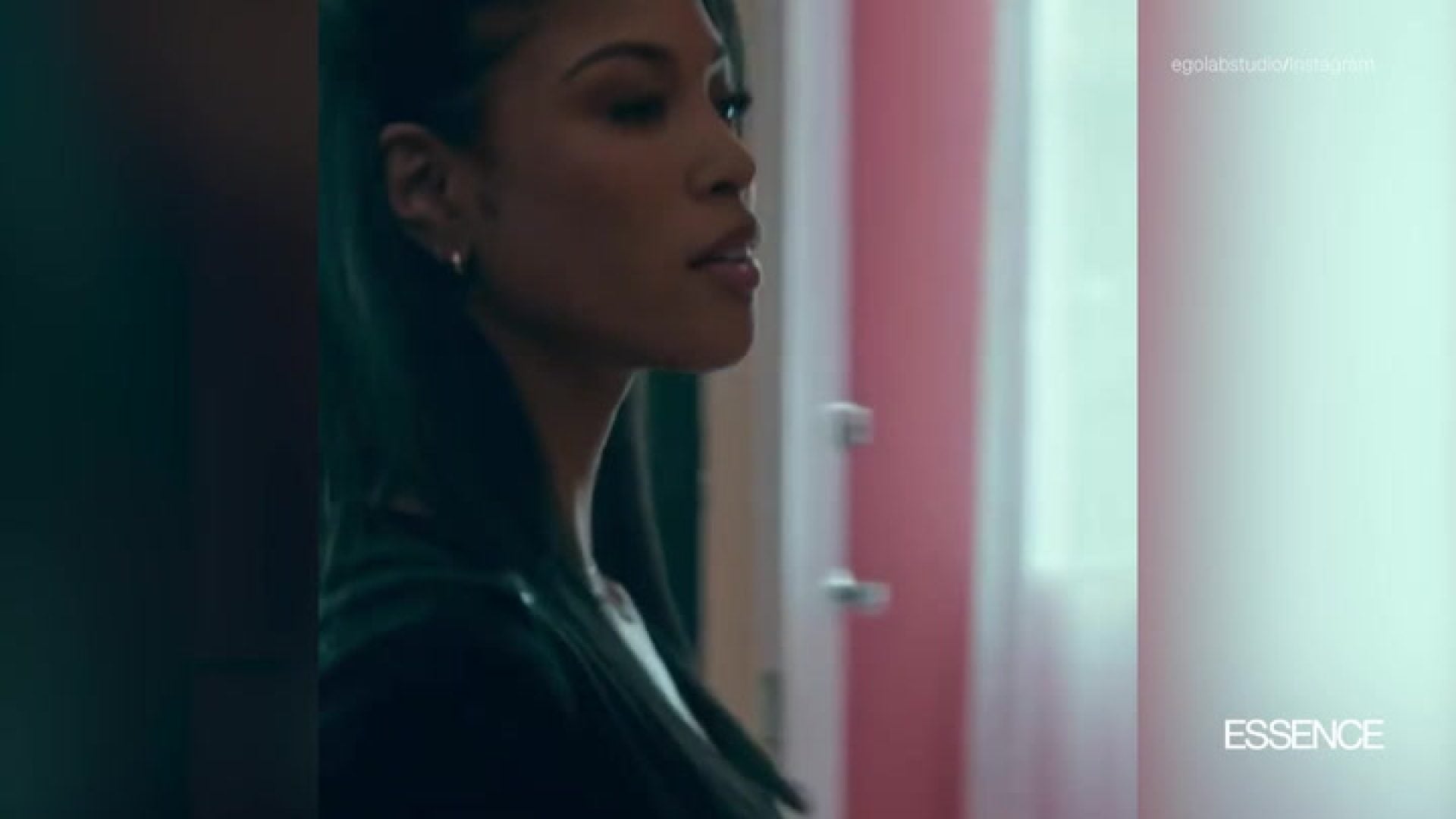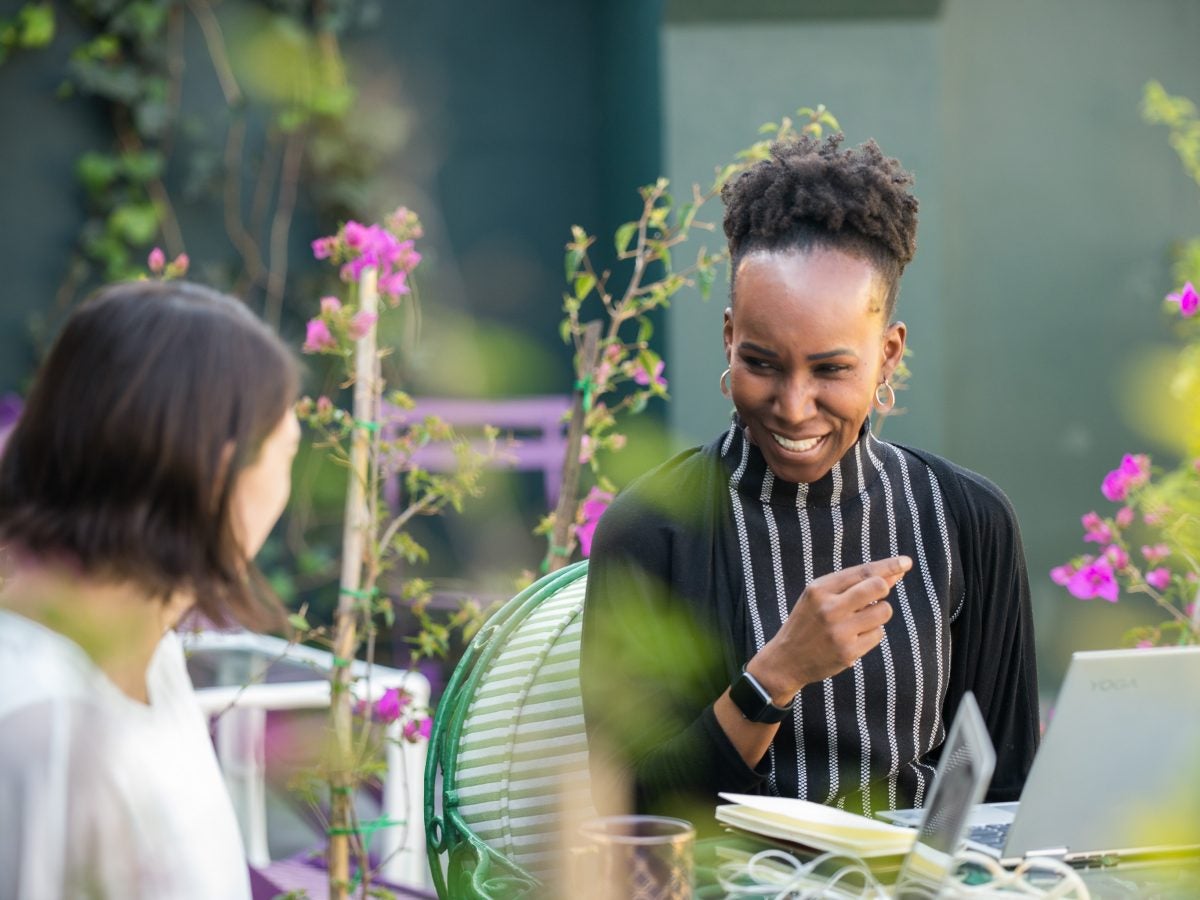
I love traveling throughout Latin America because it gives me an opportunity to practice the Spanish language I spent four years learning as an undergrad but rarely have the occasion to use in my everyday life. Still, the further away I get from my graduation date, the less I remember—and the less confident I feel striking up conversations with Spanish speakers.
Two years ago, while traveling to Mexico City, a publicist friend of mine told me she was going to be spending a week doing an immersive Spanish-language experience with a company called Fluenz. And after toiling over the idea of trying it out for myself since that time, this summer I finally took the plunge and inquired about booking an experience.
What is Fluenz: It’s a program started by Sonia Gil to help users realistically achieve their goal of becoming fluent using three tools: the Fluenz app, one-on-one Zoom lessons, and immersion trips. While the app offers modules in Spanish, Portuguese, German, Italian, French, and Mandarin, immersion trips are only offered for Spanish and include destinations throughout South and Central America, from Argentina to Colombia, Costa Rica, Spain, Peru, and multiple cities in Mexico. The hardest part will be choosing a location. Once you do, the Fluenz team will take care of everything, from your accommodations to your hotel transfers, group reservations for dinners and excursions, and any personal requests, such as extending your stay or setting up private tours.
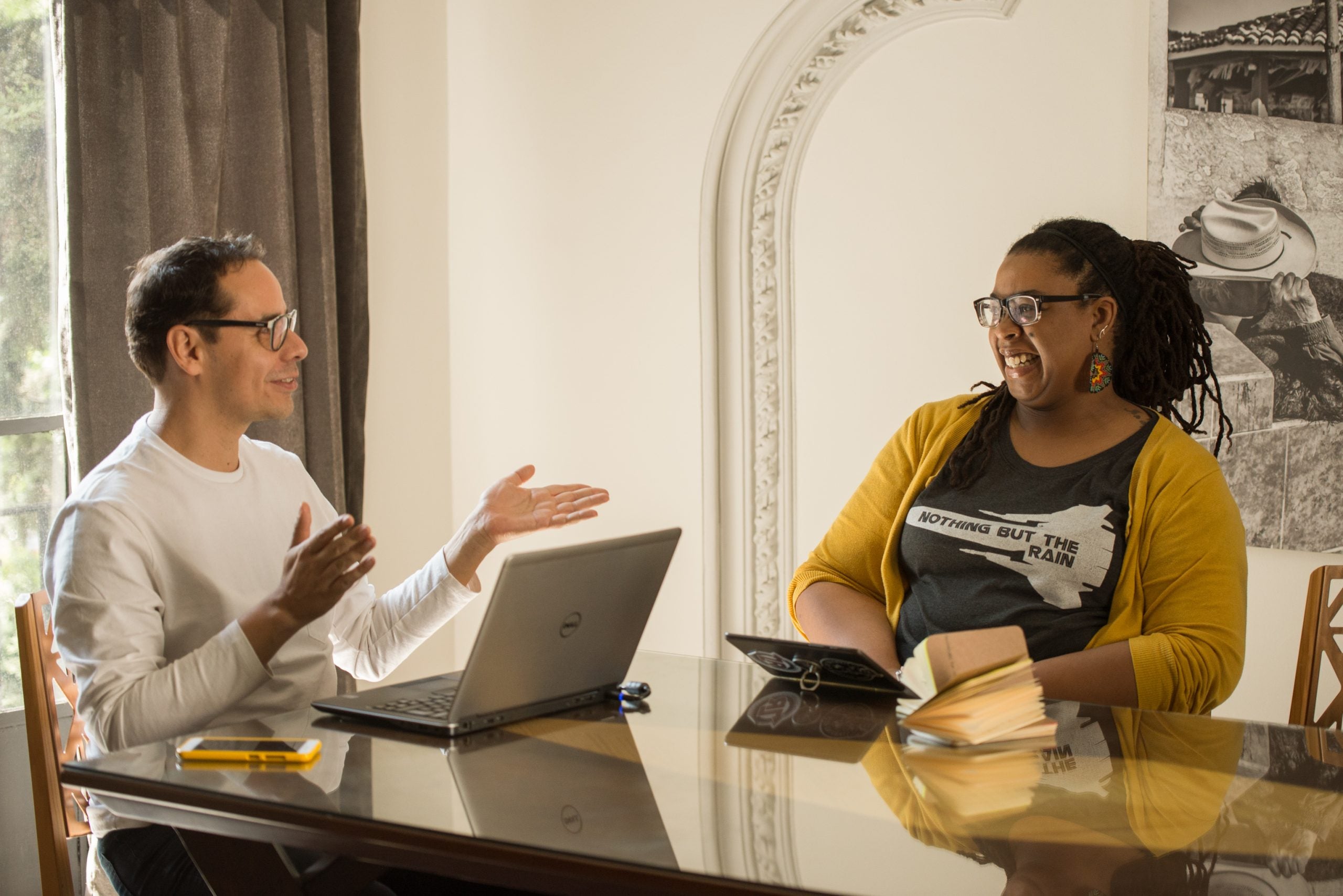
How it works: Over the course of six days, you’ll spend a total of 20 hours (two hours each morning and two hours each afternoon), either paired with other students or in one-on-one classes with a language coach, learning and practicing Spanish in sessions tailored to your specific level of proficiency. You’ll be given a workbook to take physical notes, while your coach will also keep digital notes from your sessions in a Google Drive folder that you can reference throughout the week and after your travels.
Outside the classroom, you’ll share lunch with program participants on the property where you can choose to sit at a Spanish table, if you’d like more practice, or an English table if your brain needs a break. You’ll also share dinners at top-notch restaurants on select nights and visit the city’s cultural hubs while using your free time to further explore and engage locals.
Who you’ll travel with: With the time and financial commitment that Fluenz requires ($6,920 for a single occupancy room in CDMX), it’s a guarantee that you’ll be traveling with fellow professionals who have a shared goal of learning Spanish, many because of their careers. My group consisted of lawyers, healthcare workers, a professor, a psychologist, and other business owners who employ Spanish speakers. Language proficiency ranged from one student who was so advanced his classes mostly consisted of perfecting pronunciation, to another who had never studied Spanish a day in her life and decided to jump in headfirst with a trip, and another student who’d just done an immersion trip in Oaxaca weeks prior.
Who’ll be teaching you: Equally diverse will be your coaches’ backgrounds, including architects, musicians, and former journalists from different parts of Latin America. The coaches will rotate on your schedule throughout the week to expose you to various Spanish accents and teaching styles.
What to know before you go: Prior to traveling, you’ll be sent a questionnaire to assess your level of Spanish, and from there a Zoom assessment will be scheduled where you’ll talk with a coach to determine the module level you should begin practicing with on the Fluenz app and where to start your Spanish journey upon arrival. You’ll also be provided with your hotel information, pickup details, and an itinerary for the week. Each night you’ll receive emails detailing the next day’s schedule as well.
Here’s how my immersion trip to Mexico City unfolded.
Day 1: I arrived at Aeropuerto Internacional Benito Juárez early Sunday morning and was promptly picked up by my driver, who held a sign for me outside of baggage claim and transported me to Pug Seal Anatole France where I was staying for the week. The boutique hotel in the posh neighborhood of Polanco is charming with its antique details and has incredibly spacious suites. I felt much more like I was renting an apartment for an extended stay versus being cooped up in a tiny hotel room, which enhanced my immersion experience. And the food on the property—which included delicious soups at every lunch made from recipes crafted by Fluenz’s founder—was fresh, flavorful, and filling.
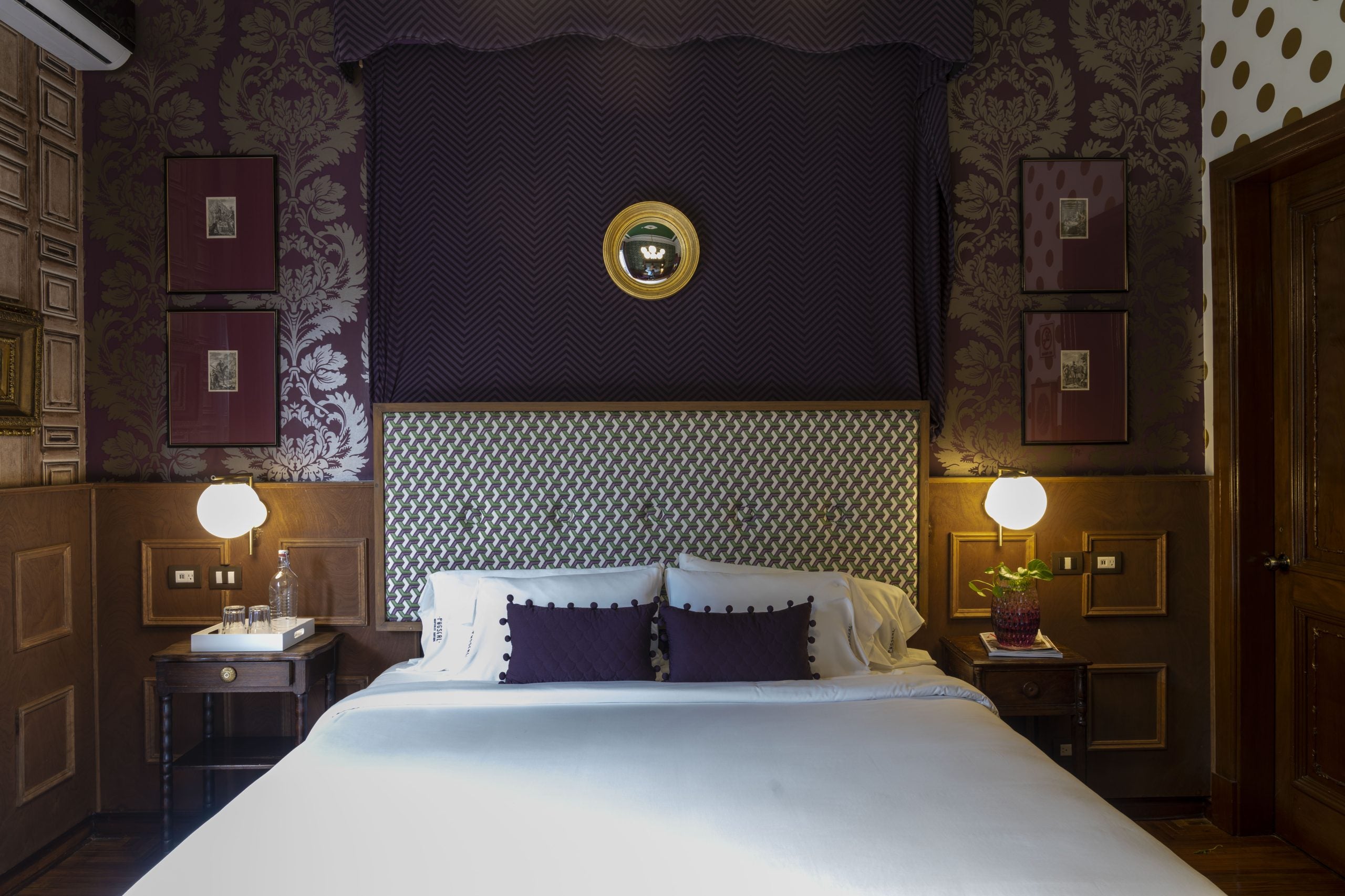
I spent the afternoon strolling around the neighborhood on foot. I grabbed a quick lunch at Goy’s Plant-Based Burgers and had dinner at La Única, a contemporary Mexican cantina Fluenz recommended. The menu is sophisticated and extensive across its meat, seafood, and vegetable dishes.
Day 2: I won’t lie, I went into my first Spanish class feeling pretty confident and walked out wondering what I’d gotten myself into. The beauty in that is my teachers were going over the exact things I told them I wanted to work on, so I guess one could say I brought that on myself. That evening, I was more than happy to wind down with tamales and mezcal at the hotel, followed by a talk on Mexico’s storied political history by Mexican actor and screenwriter Adrián Pascoe.
Day 3: My frustration peaked in my Tuesday afternoon class when I was overthinking my Spanish to the point of being verbally paralyzed. My coach for my fourth class, Pepe, reassured my command of the language while also telling me he’s known for challenging his students, which made me feel a bit better.
That evening, we were treated to a private tour of the Museo Nacional de Antropología, which is so expansive it requires multiple visits to sit with all the wonders inside. It was such a treat to see centuries-old crafts and figures from the Mayan and Teotihuacan cultures on display and learn the stories of how these items were used and later discovered and procured.
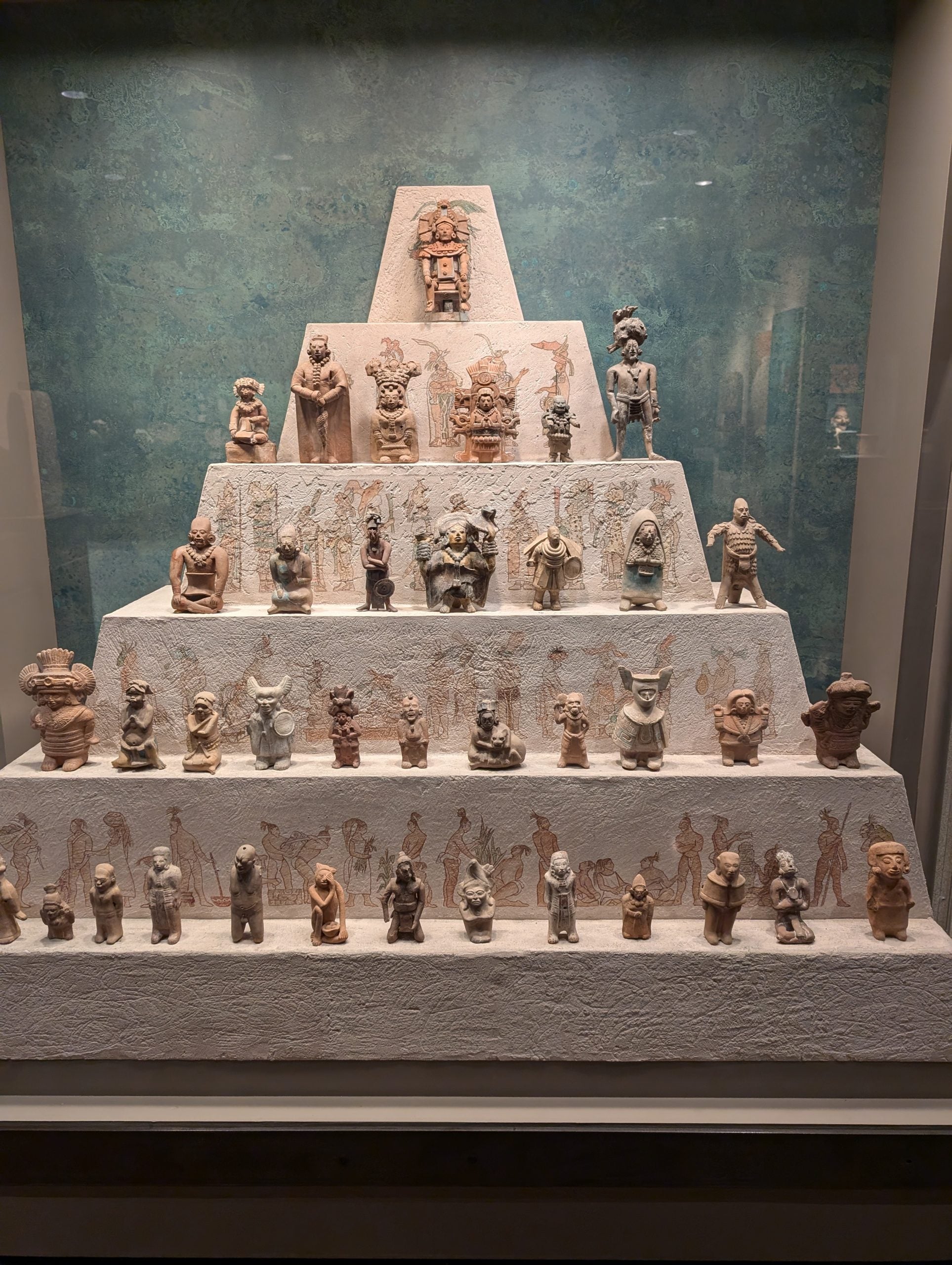
Day 4: By mid-week, I started feeling like I was hitting my stride in my one-on-one classes and got more comfortable making small talk with my coaches when we walked to sessions outside of the hotel. That night we had dinner in a private room at Pujol, a Michelin-starred restaurant where reservations are nearly impossible without months of advance notice. The menu takes Mexican gastronomy to unexpected heights—and your palate as well. Be prepared for unique ingredients like grasshopper and mango sake sorbet that will be surprisingly satisfying.
Day 5: All those courses (and wine pairings) at Pujol made for a sluggish Thursday morning class, but the day was broken up by a trip to Casa Gilardi, the colorful home built between 1975 and 1977 by minimalist Mexican architect Luis Barragán. The red, blue, and pink pool room has become Instagram-famous, but the entire space is captivating, from the yellow hallway on the first level to the rail-less stairway leading to the floors above.
Another field trip awaited us Thursday afternoon when, after a quick vocabulary lesson, we had a chance to make the Museo Soumaya our classroom. The museum boasts over 66,000 works of art, which doesn’t include the silver-tiled building itself with its unique structure. The items within are donated entirely from the private collection of Lebanese-Mexican billionaire Carlos Slim Helú.
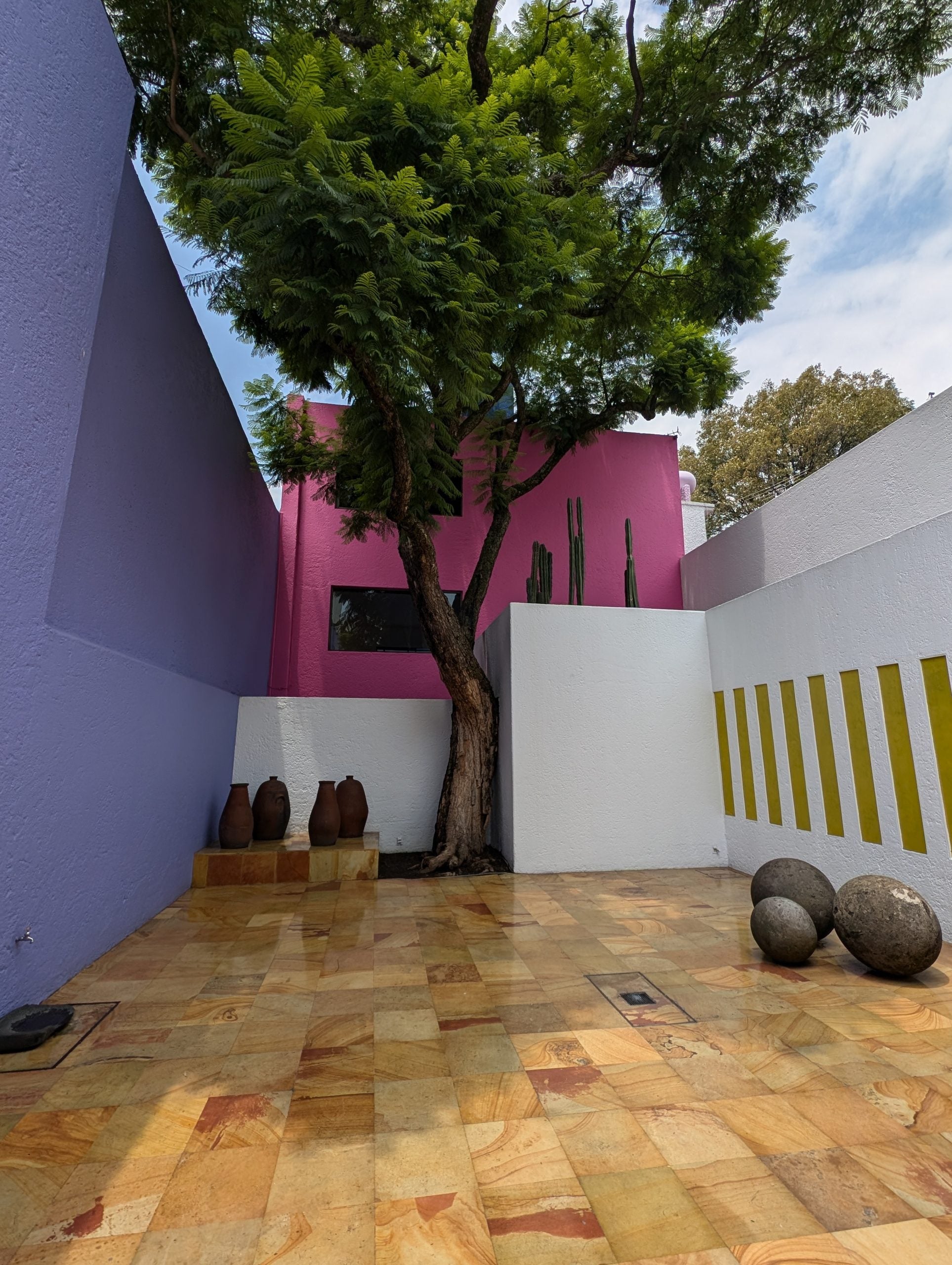
Day 6: By Friday, I’d felt like I’d made notable progress, and I was reassured of that when my morning session was a group class with two other students, during which we spent most of the time using prompts to work on our conversation skills. That afternoon we had a celebration where each student could share a short story they wrote and show off what they’d learned during the week. That night, we continued the party with dinner at Sylvestre, where the wine pairings, once again, perfectly complemented the Mexican-fusion dishes within the colonial-style space.

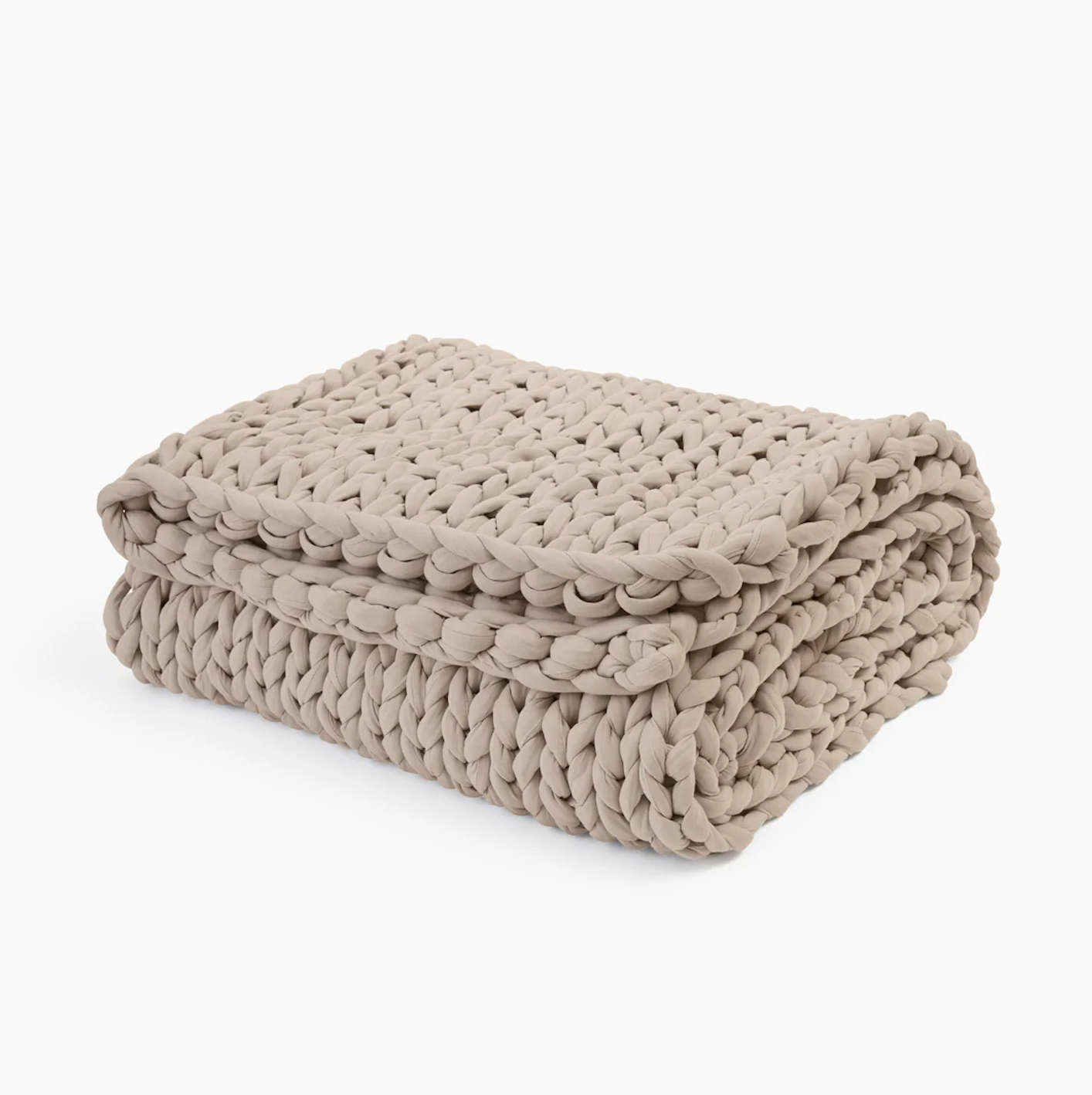

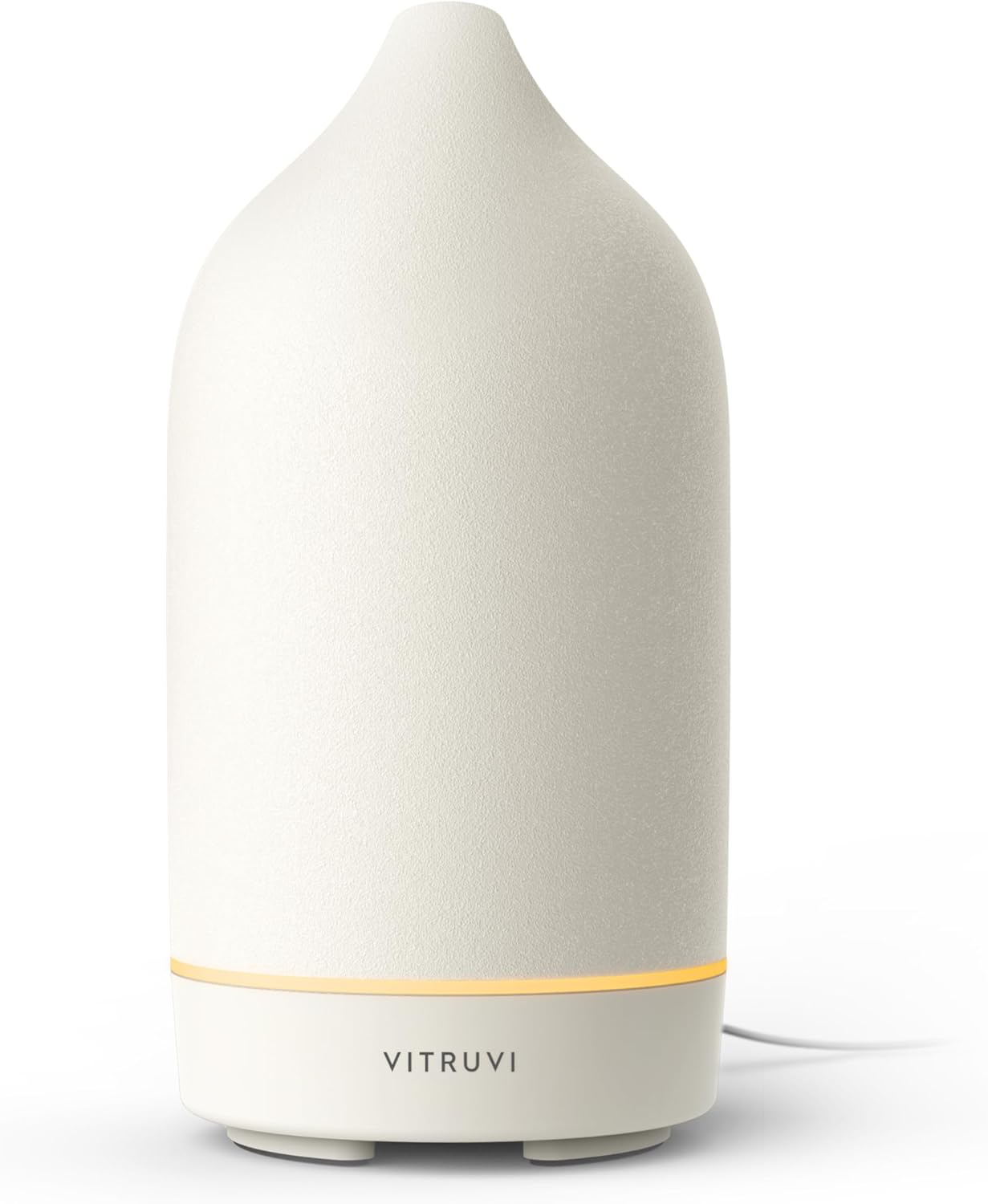
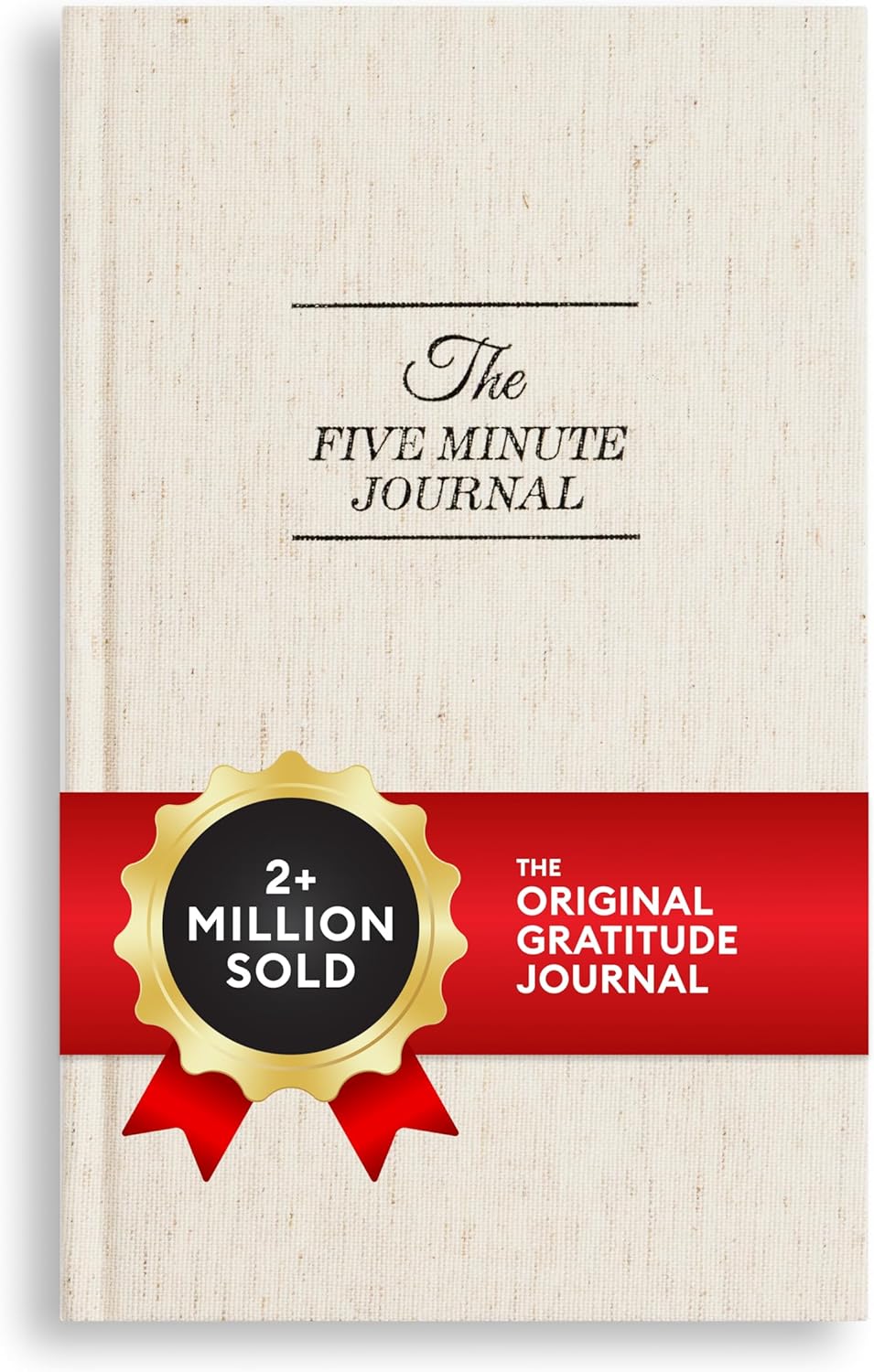
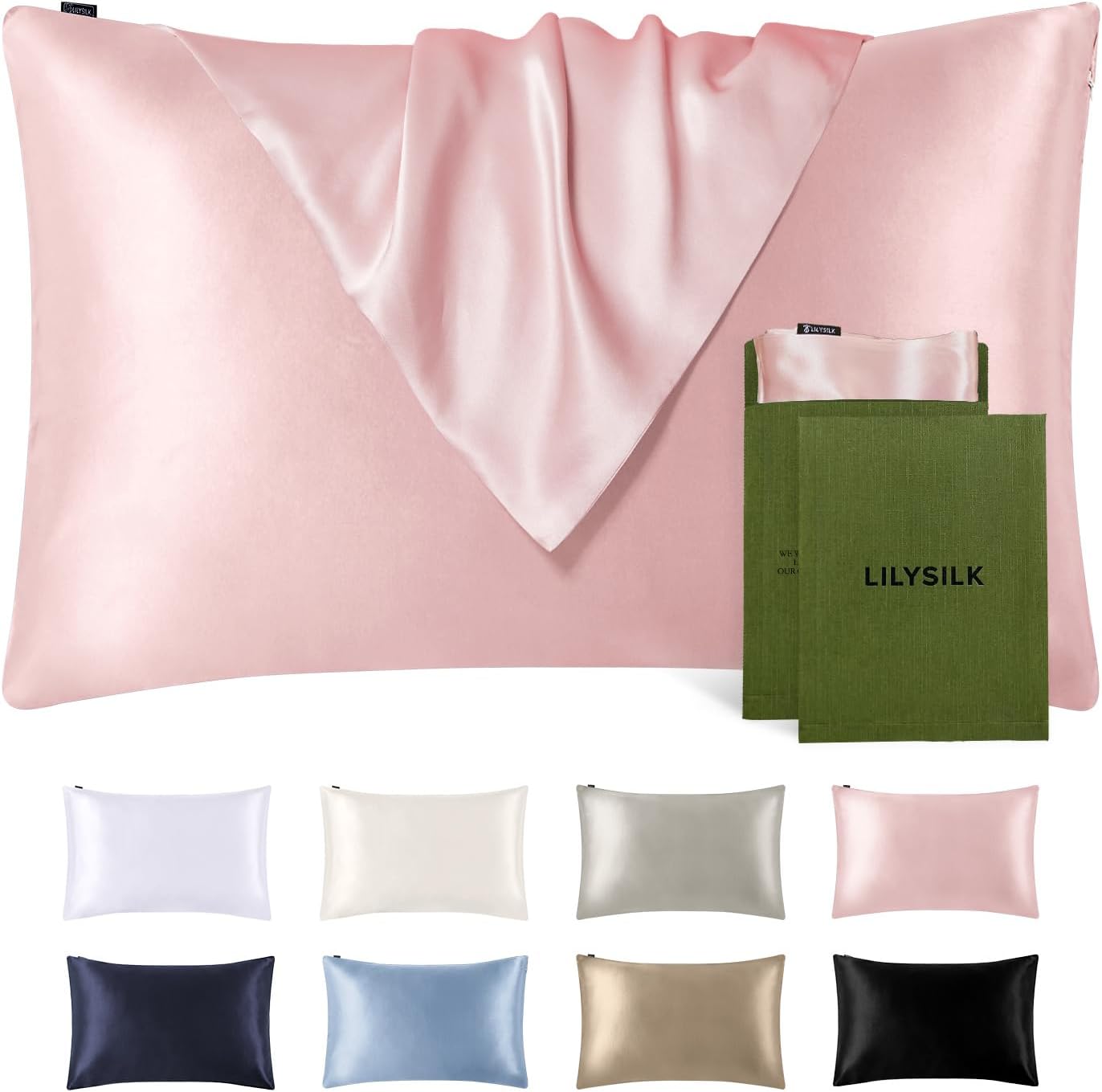

Day 7: Before my afternoon flight home Saturday, I took an Uber to Chapultepec Castle, which sits inside the Bosque de Chapultepec, a massive park filled with lakes, sculptures, walking paths, botanical gardens, and more. The 18th-century neo-classical palace sits on a hill—be prepared to walk—rewarding you with spectacular views of the city below, including the Paseo de la Reforma. Inside, you’ll find paintings, jewels, armor, and more relics from Mexico’s former monarchs on display.
Perhaps most rewarding was my driver, Oscar, noting how much I spoke with him in Spanish on the way to the airport compared to when I arrived. I knew I’d achieved my goal for the week, and those around me could see the improvement, too.
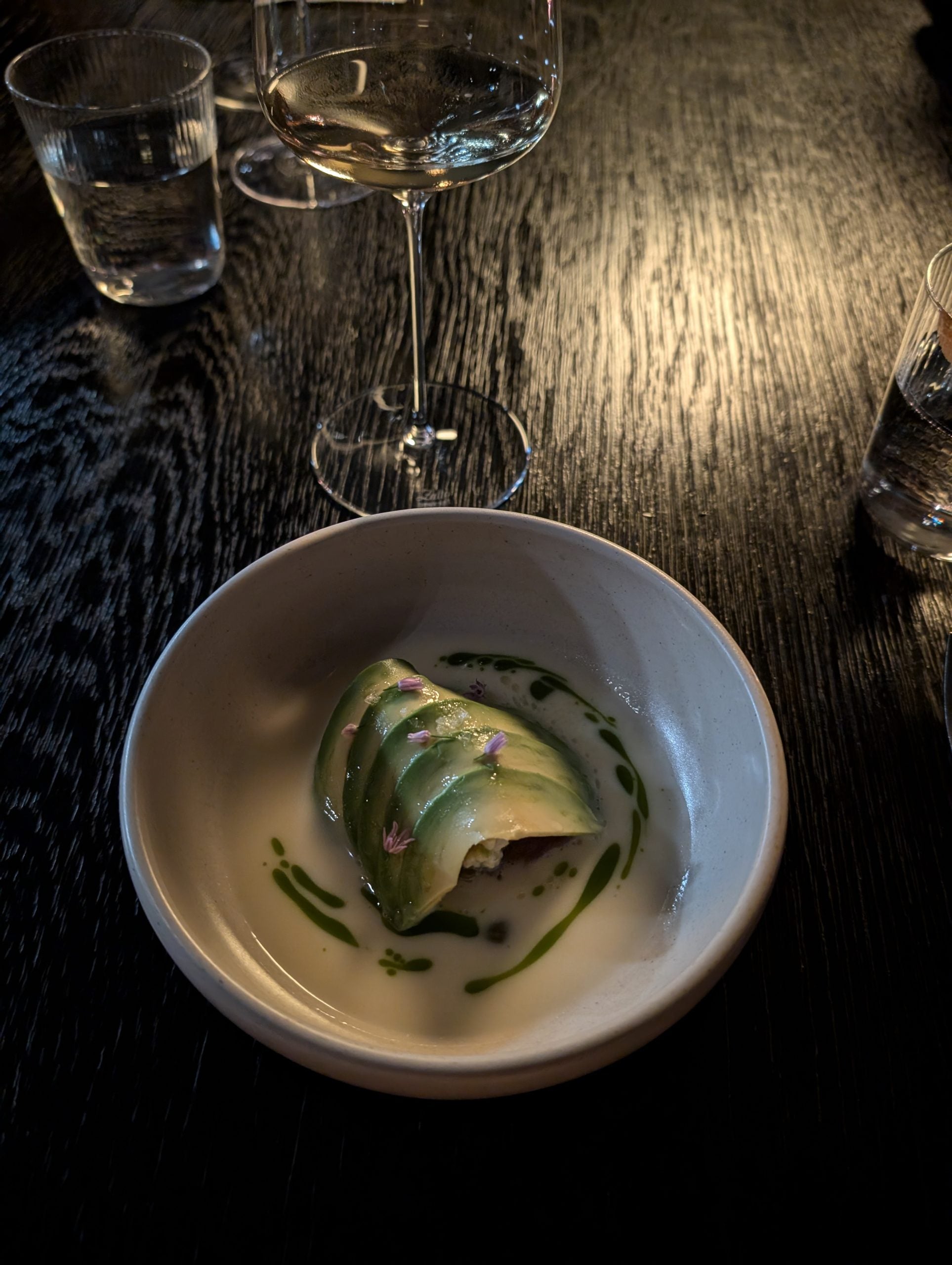
After the trip: I left Mexico City with an unexpected souvenir of sorts: tarea (homework). At the end of your immersion, your lead coach will put together a homework assignment for you to work on no sooner than a week after you’ve returned to give your brain some time to process all of the information you learned during your travels. I knew after my last class I’d want to continue sessions via Zoom, which I just started last week. Between writing and other travels, I didn’t work on my Spanish as much as I’d initially intended, but seeing a familiar face, my head coach Camila, during my first Zoom session calmed any anxiousness I felt, as did continuing the same class structure we had in person, with my coach building on my Google Drive with notes as well as music and film recommendations to expand my exposure to Spanish. The wide availability of classes has made fitting coursework into my schedule easy, and the weekly reminders are helpful when other obligations arise. I must admit, 90 minutes flies by on Zoom when you’re having fun—and finally accomplishing a long-term goal.




